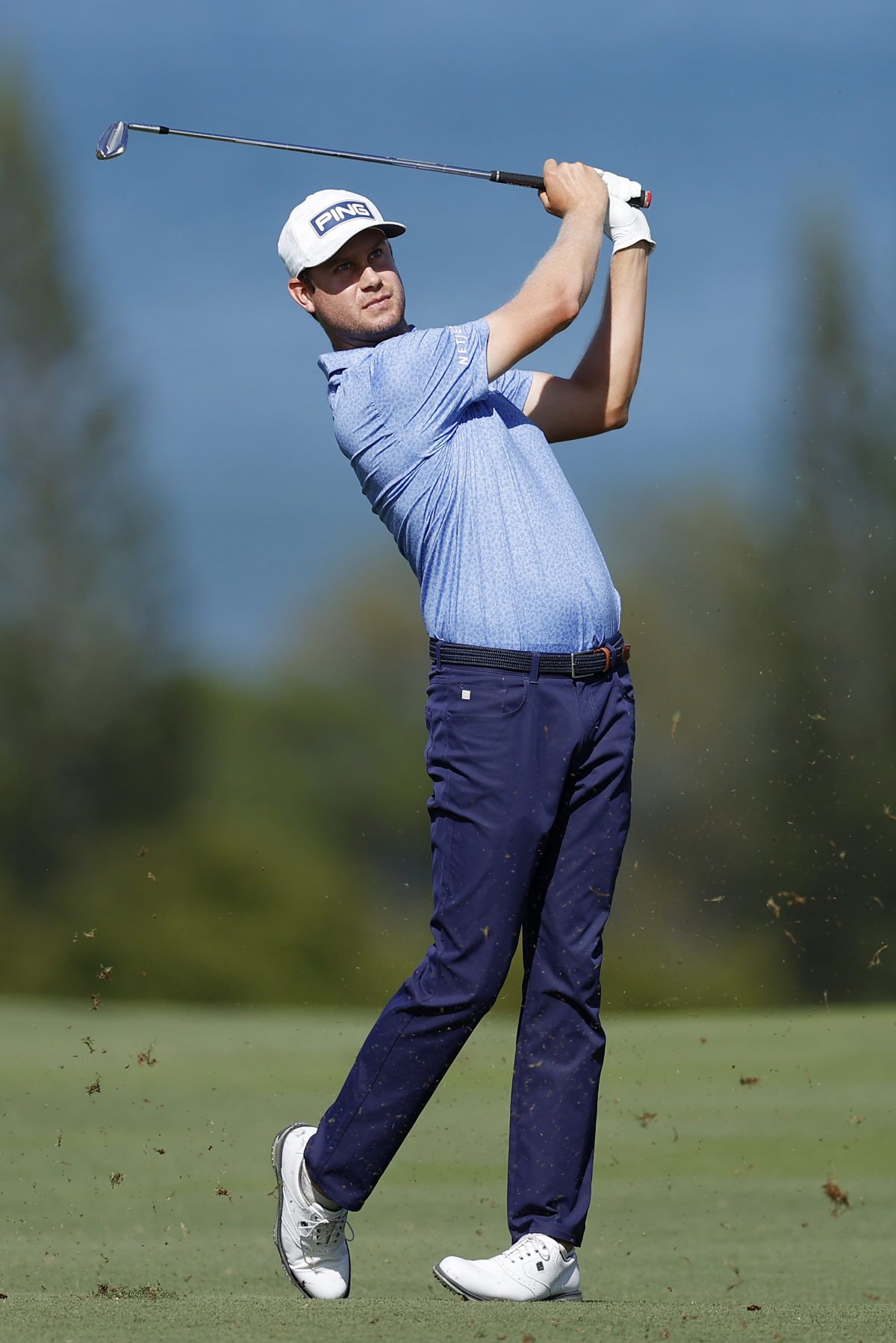Harris English will be a familiar face when fans return to TPC Southwind this week for the World Golf Championships — FedEx St. Jude Invitational. The 32-year-old PGA veteran has risen to 14th in the World Golf Rankings and finished third in this year’s U.S. Open. His very first Tour win came in Memphis (in 2013).
Memphis Flyer: Welcome back. What do you recall about your first visit to TPC Southwind eight years ago?
Harris English: A lot of good memories there. I rented a house off the first tee with some good friends. We had a fun week. One of my best friends from high school in Chattanooga was in med school there. It felt like I had a big crowd cheering me on. Closing it out with a birdie on 17 and a solid par on 18 will always make special memories. You never want to have a tournament given to you, and I felt like I had to earn it. It makes you believe in yourself, and it couldn’t have happened at a better place than Memphis.
You have found a groove in 2021, doubling your career victories (now four). What’s been the difference in your game?
I’ve found more consistency. I don’t like missing putts. My putting and short game have always been the backbone of my game. And tee to green, I’ve gotten better, given myself more chances to win golf tournaments.
You finished third in the U.S. Open (at Torrey Pines in San Diego), the closest you’ve come to winning your first major. What was that final round like, knowing you were in the mix for that trophy?
That’s why you put all the hours in, both in the gym and on the course. I love how the U.S. Open is set up. You have to play smart and be good, all-around, and disciplined. It’s nice to showcase that. I really enjoyed it. I’m getting closer and closer.
Memphis is getting used to World Golf Championships status (third year for the FedEx St. Jude Invitational). Could you share some perspective on the significance of the WGC events?
I’m really happy for Memphis. FedEx has been the biggest sponsor on the PGA Tour for years. It’s great that they have a tournament where they’re guaranteed many of the biggest names in the sport, right in their backyard. [The WGC status] has given me even more of spark to get back there. I love the people that run the tournament. It made it even sweeter. You have to earn your spot there. It’s not easy to make the field.
Crowds are back. They’ll be cheering a familiar face when you arrive. Did the lack of fans in 2020 impact your game at all?
You get used to crowds lining the fairway, and lining the greens. You feel their energy, especially on Saturday and Sunday. It was weird [without fans]. Almost like you’re playing a practice round. You had to really psyche yourself up, have your caddy pump you up. A lot of people struggled with it. I don’t usually have a ton of people following me, not like Tiger [Woods]. It had to be really weird for him. We love having fans on the course.
When you plan a round at Southwind, are there certain holes you give extra focus?
Southwind is sneaky. Holes can seem pretty benign, but they can get you. It’s one of the more underrated courses we play. Number three can be an eagle hole, or it can be a bogey hole if you don’t put the ball in the fairway. Same for number nine. Fifteen, that short par four. You’ve got to put the ball in the fairway.
The PGA Tour is entering what amounts to a post-Tiger era. Do you feel like the sport is in good hands with new headliners, including yourself?
There are so many good young golfers. It shows where college programs have been the last twenty years. Players are ready for action on the PGA Tour. They have experience and they’re not scared. They can play under pressure. In our sport, you can have a 22-year-old win a tournament or a 52-year-old win a tournament. It’s unique to our sport. The game’s in great hands. Like everyone else, I want Tiger to come back healthy and win more tournaments. But we have some other big names playing well, and carrying what Tiger and Phil Mickelson are leaving behind.
The tournament remains deeply connected to St. Jude Children’s Research Hospital. Any thoughts on this relationship?
It’s incredible. It puts things in perspective. Here I am, playing golf, doing what I love to do. And a few miles away, there are kids struggling with something they didn’t deserve. As much money as we can raise, it’s amazing. I donate to St. Jude every year. It’s one of the charities I hold dear to my heart. I love helping kids get healthy, so they can grow up and be whatever they want to be. It’s cool how the Tour gets behind the cause.

